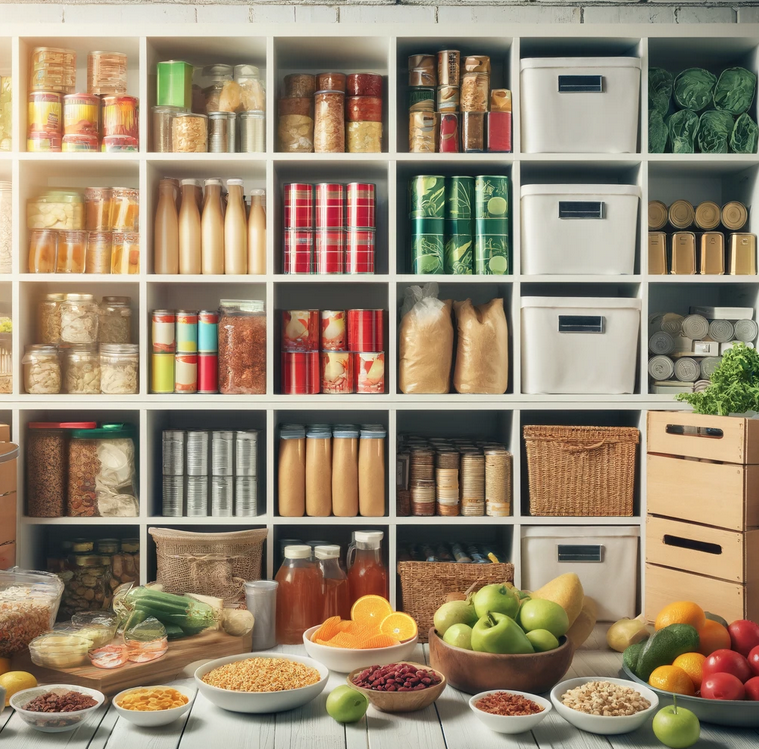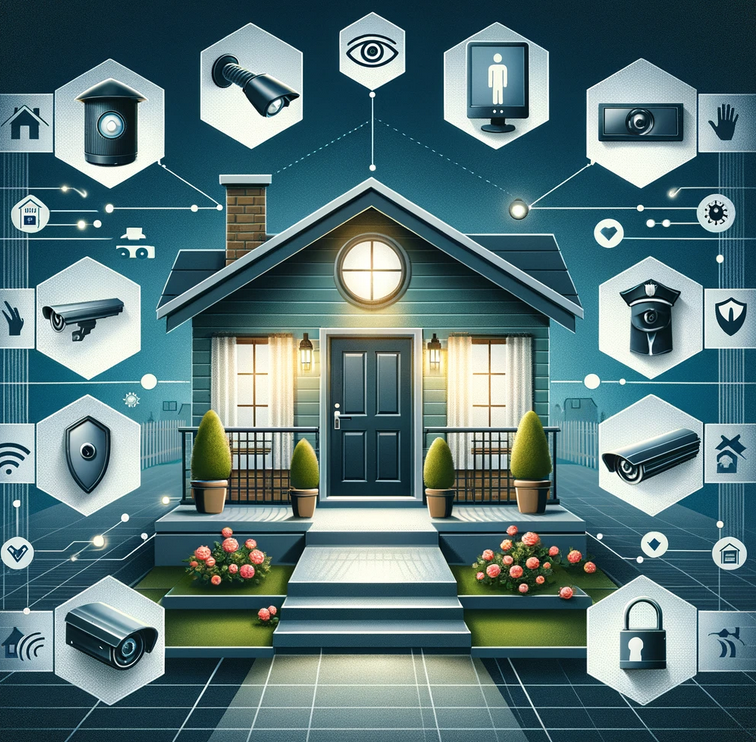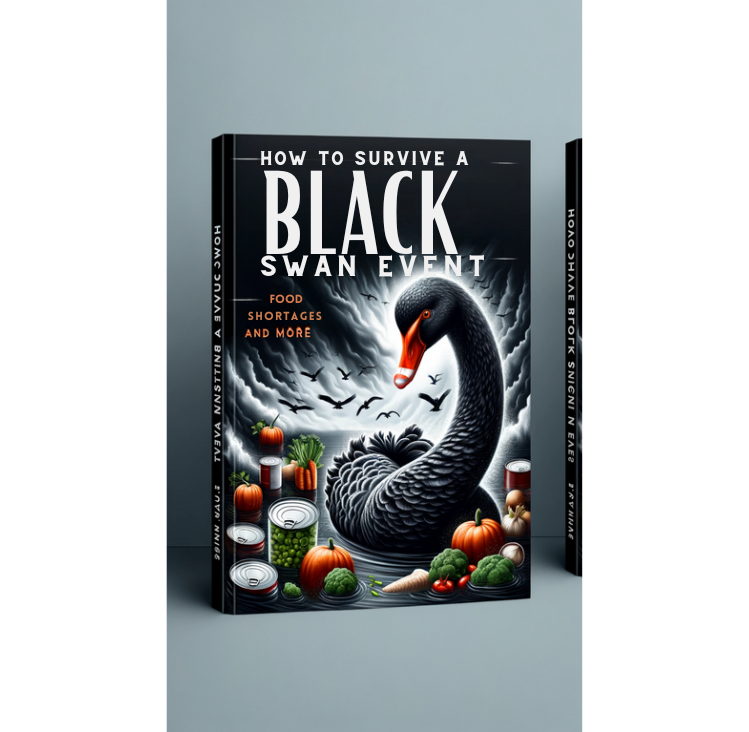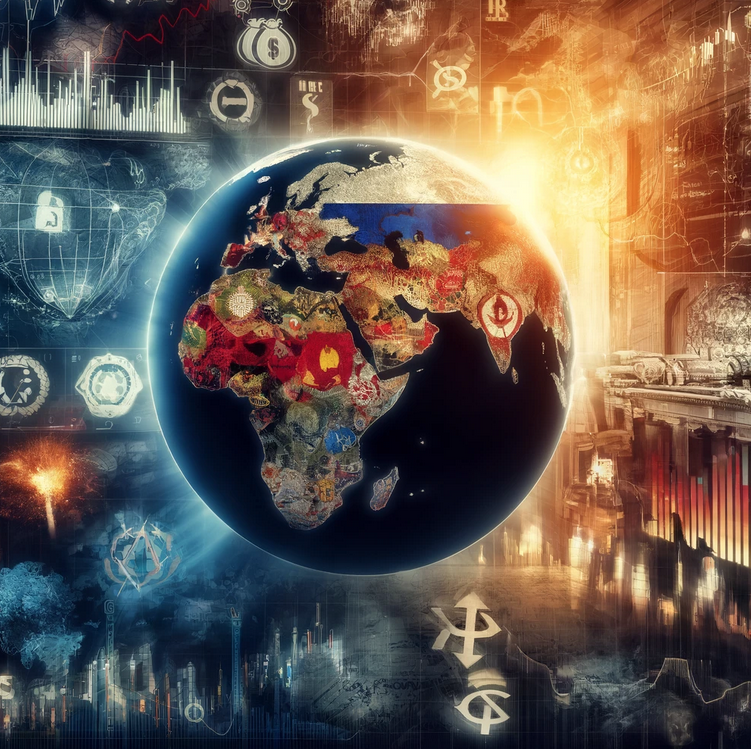Be Ready for the Unexpected Essential Steps to Ensure Your Family's Safety and Survival
Welcome to “How to Survive a Black Swan Event: Essential Supplies for UK Families.” In today’s unpredictable world, it’s more important than ever to be prepared for the unexpected. Black swan events—those rare, unforeseen occurrences that can have severe and far-reaching impacts—are becoming increasingly relevant in our interconnected global society. These events can range from natural disasters and pandemics to cyberattacks and geopolitical crises, each with the potential to disrupt our daily lives and threaten our well-being.
This guide is designed to help you and your family navigate these challenging times by providing a comprehensive plan for securing the essential supplies and knowledge needed to survive a black swan event. By preparing now, you can ensure that you have the resources and strategies in place to handle food shortages, power outages, and other emergencies with confidence and resilience.
In the following pages, you will find detailed information on how to stock up on enough food and water to last 60 days, choose the right energy solutions, secure your home, and manage essential supplies effectively. We will also cover the importance of assigning a family member to oversee food and water rations, ensuring that supplies are used wisely and sustainably.
Additionally, this guide will emphasize the importance of home security measures to protect your family and resources. In times of crisis, avoiding crowded places and staying within the safety of your home can prevent unnecessary risks. By transforming a spare room or garage into a secure storage area, you can keep your supplies organized and easily accessible.
Preparation is not just about gathering supplies; it’s about fostering a mindset of readiness and adaptability. With this guide, you will be equipped with the knowledge and tools to face any black swan event with preparedness and peace of mind. Together, let’s take the first steps towards ensuring the safety and security of your family in an uncertain world. Please see our Guide here





Our website contains links to products on Amazon. If you make a purchase through these links, we may earn a small commission at no additional cost to you. These commissions help us run our website and keep it updated with valuable content and resources. Thank you for your support!
Black Swan events are highly unpredictable and rare events that can have severe and widespread impacts. Here are some examples of black swan events that could cause food shortages:
Each of these events, while unlikely on their own, represents a potential threat that could lead to significant food shortages if they were to occur. Preparing for such events involves building resilient food systems, maintaining emergency food supplies, and ensuring robust infrastructure and response plans

Natural Disasters
Severe Weather Events:
Hurricanes and Typhoons: Can destroy crops, disrupt transportation, and damage infrastructure.
Floods: Can inundate farmlands, contaminate water supplies, and lead to loss of livestock.
Droughts: Prolonged periods of insufficient rainfall can devastate crop yields and reduce water supplies for irrigation.
Earthquakes:
Can damage agricultural infrastructure, disrupt transportation networks, and cause soil liquefaction in farming areas.
Volcanic Eruptions:
Can cover large areas of farmland with ash, disrupt air travel, and affect climate patterns, leading to lower crop yields.
Tsunamis:
Can flood coastal agricultural areas, destroy crops, and contaminate freshwater sources with saltwater.

Environmental and Ecological Events
Pandemics Affecting Humans:
Similar to COVID-19, can disrupt food production, supply chains, and labor availability in agriculture.
Plant Diseases and Pests:
Outbreaks of plant diseases (e.g., wheat rust) or pests (e.g., locust swarms) can devastate crops over large areas.
Animal Diseases:
Epidemics like avian influenza or African swine fever can drastically reduce livestock populations.

Geopolitical and Economic Events
Wars and Conflicts:
Can disrupt agricultural production, damage infrastructure, and displace farming communities.
Trade Disruptions:
Trade wars, sanctions, or blockades can restrict the flow of food commodities between countries.
Economic Collapses:
Severe economic downturns or financial crises can reduce the ability of countries to import food and affect agricultural investments.

Technological and Cyber Events
Cyberattacks:
Targeting critical infrastructure such as power grids, transportation networks, or food supply chains can cause significant disruptions.
Biotechnology Failures:
Unintended consequences of genetically modified organisms (GMOs) or other agricultural technologies can lead to crop failures or health issues.

Climate Change-Related Events
Abrupt Climate Shifts:
Sudden and severe changes in climate patterns, such as an unexpected shift in the jet stream, can affect growing seasons and crop viability.
Oceanic Changes:
Rapid changes in ocean temperatures or currents can affect global weather patterns and fish populations, leading to food shortages.

Societal and Infrastructure Events
Abrupt Climate Shifts:
Sudden and severe changes in climate patterns, such as an unexpected shift in the jet stream, can affect growing seasons and crop viability.
Oceanic Changes:
Rapid changes in ocean temperatures or currents can affect global weather patterns and fish populations, leading to food shortages.

Other Unpredictable Events
Asteroid Impact:
Though extremely rare, an asteroid impact could cause widespread devastation and climate disruptions.
Solar Flares and EMPs:
Severe solar flares or electromagnetic pulses (EMPs) could disrupt electrical grids and communication systems, affecting food production and distribution.

